The U.S. Army John F. Kennedy Special Warfare Center and School, USASOC's special operations university, is responsible for special operations training, leader development, doctrine and personnel proponency for civil affairs, psychological operations and Special Forces.
The center and school, founded in 1952 as the Army's Psychological Warfare Center, has grown from a small organization focused on propaganda and guerilla warfare into a robust, multi-faceted home for the U.S. military's unconventional warfare forces.
Some 10,000 students attend courses at the center and school annually. Courses range from entry-level training, such as the civil affairs, psychological operations and Special Forces qualification courses; to advanced warfighter skills including advanced urban combat, military freefall parachuting and combat diving. The center and school is also home to the David K. Thuma Noncommissioned Officer Academy and the Special Forces Warrant Officer Institute, the only warrant officer program run entirely by the branch proponent.
But the depth of the center and school's capabilities lie in the often under-appreciated doctrine, proponency and combat simulations capacity- responsibilities that pave the way for the future of the nation's civil affairs, psychological operations and Special Forces.
Special Forces
Long before the attacks of Sept. 11, the Green Berets established their unique place in the nation's arsenal of foreign diplomacy. Far from the image that has been thrust upon the Special Forces Regiment in recent years-that of a singularly-minded combatant-these men are truly a force for stability in troubled lands and role models for the defense of democratic values. Green Berets are among history's most lethal warriors, but they are tasked with an often more difficult mission, imparting their military skills to the armies and self-defense forces of our global allies.
One of the greatest challenges faced by USAJFKSWCS is how to increase the numbers of Green Berets who can fill the operational detachments for deployment to trouble spots worldwide. The center and school currently graduates roughly 1,150 Special Forces Soldiers annually.
Part of the center and school's retooling to meet future requirements has been a restructuring of the 1st Special Warfare Training Group to bring all of the Special Forces-specific training under one battalion command, streamlining the training process for students and trainers alike.
The center and school also serves as the Special Forces branch proponent, requiring greater attention be paid to the health and development of the total Green Beret force. Similarly, Special Forces doctrine is developed by the center and school, which in turn drives enhancements for the training conducted for students attending Special Forces training.
Warrant Officer Institute
What's the best way to ensure technical competence, continuity and uncompromising combat leadership in a warrant officer branch' The answer from the Special Warfare Center and school's Warrant Officer Institute is to recruit, assess and train Special Forces warrant officers and then provide for their professional and personal development throughout their careers.
This year marks the Special Forces Warrant Officer Institute's 25th anniversary, a longer existence than the Special Forces branch itself.
Green Beret warrant officers serve as assistant detachment commanders on Special Forces Operational Detachments, and in the absence of a captain, the team leader. Recruited from the ranks of seasoned Green Berets, candidates usually have years of experience as members of a Special Forces team.
Civil Affairs and Psychological Operations
The situation in the remote village is quite dire: power is sporadic, the water source is contaminated, and three separate ethnic groups are in a struggle to maintain control and influence over the populace and the resources in the area.
It might sound like any village encountered by Soldiers in Iraq or Afghanistan, but it is the true-to-life training environment encountered by the men and women participating in the Civil Affairs and Psychological Operations Qualification Course culminating exercise, Operation Certain Trust.
Adapted to meet the needs of a growing, and continually deployed civil affairs and psychological operations force, the tactically oriented qualification courses stress face-to-face communication, negotiation and cultural awareness as cornerstones to understanding local and regional populations and helping to stem ethnic and cultural tensions.
Both qualification courses are taught by the training group's 3rd Battalion. The course length is between 39 and 44 weeks, depending upon the Soldier's target language. The center and school currently teaches 12 languages that feed the operational force's global requirements, at the second-largest language school in the Defense Department.
Core skills for each military operational specialty reside within the final, branch-qualifying portion of the courses taught at Fort Bragg, N.C.
Civil affairs Soldiers focus upon government capacity building through the proper execution of civil affairs core tasks: populace and resources control, foreign humanitarian assistance, civil information management, nation assistance and support to civil administration.
Psychological operations Soldiers are immersed into cultures, languages and societal understanding required by the PSYOP process. PSYOP Soldiers are challenged to convey messages to populations within a supported commander's area of responsibility - attempting to influence and modify behaviors to minimize conflict and reduce friction between the warfighter and those people they will meet on the battlefield.
Both qualification courses integrate adaptive thinking and leadership into all aspects of learning, allowing Soldiers to conduct face-to-face meetings while considering the wants and desires of each party participating in the meeting.
Soldiers are thrust into these interpersonal challenges at a dilemma laboratory known as the Soldier Urban Reaction Facility, where they quickly gain an appreciation for bilateral and multilateral negotiations.
Medical training
You are deep in a far-flung valley, a junior member of a Special Operations Task Force conducting a night-time assault on a suspected terrorist facilitator's compound. It's dark-really dark. The indigenous forces you are partnering with on this mission are nervous and jittery, and superstitious rumors abound.
Once the assault begins, you are hit by fire coming from the compound and it hurts like hell. Fear surrounds you as the pain turns to numbness and cold. But as the night turns decidedly against you, you hear a voice as familiar as any you know and more comforting than a mother's embrace. Your teammate has found you and has begun to treat your injuries. Relief takes the place of fear because he is a special operations medic-the best combat trauma medic the world has ever known.
Special operations medics trained at the Joint Special Operations Medical Training Center at Fort Bragg, N.C., are revered by fellow special operators. This high regard comes from the incredibly intensive training that turns a raw recruit into a special operations combat medic advanced tactical practitioner in 26 weeks. These men possess all the training of a licensed paramedic plus advanced trauma training. In addition to medics, JSOMTC also trains the Special Forces medical sergeant, MOS 18D. These SF medical sergeants complete the SOCM course plus an additional 24 weeks of training that includes: medical subspecialty training, surgery, anesthesia, dental care, veterinary care, laboratory and radiology training. This medic has been described as a "Wilderness PA (physician assistant)" by some providers.
The Special Warfare Medical Group is the heart of special operations medical training, graduating Special Forces medical sergeants and special operations combat medics who will serve in the Army's Special Forces Regiment, 75th Ranger Regiment, 95th Civil Affairs Brigade, 160th SOAR, and 528th Sustainment Brigade. SWMG also instructs the medical professionals who man Air Force, Navy and Marine Corps special operations units.
Advanced skills
If you look into the passport of a special operations warrior, you won't necessarily see a stamp from every country that he or she has been to-in fact, the places they have been likely can't be found in a travel guide. And what they did while they were in these remote locations-they aren't likely to talk to you about that.
Being a member of the U.S. military's special operations requires the knowledge of how to safely get into, and out of, a place where you may not be welcome and probably doing some dangerous things while you are there.
Hence, the training provided by the men and women of 2nd Battalion, 1st Special Warfare Training Group-the Special Forces Advanced Reconnaissance, Target Analysis and Exploitation Techniques Course, Special Forces Sniper Course, Military Freefall Course, Combat Diver Qualification Course, Special Forces Intelligence Sergeant Course and the Advanced Special Operations Techniques Course.
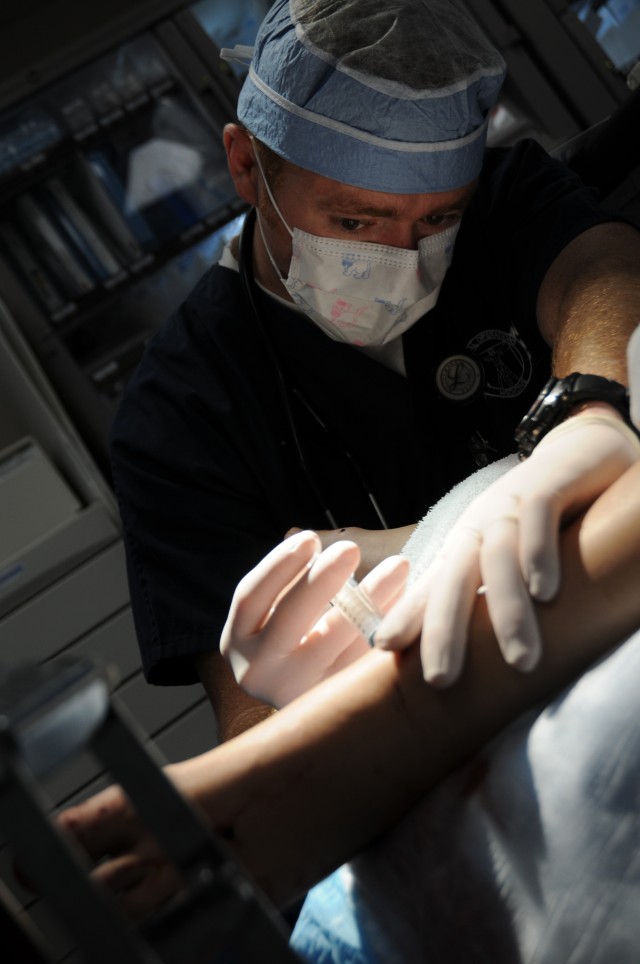
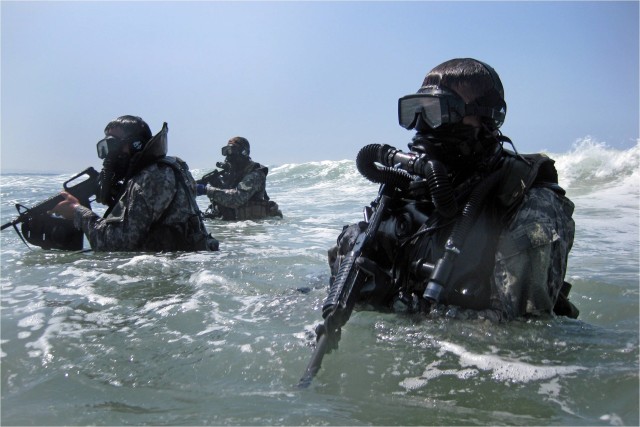


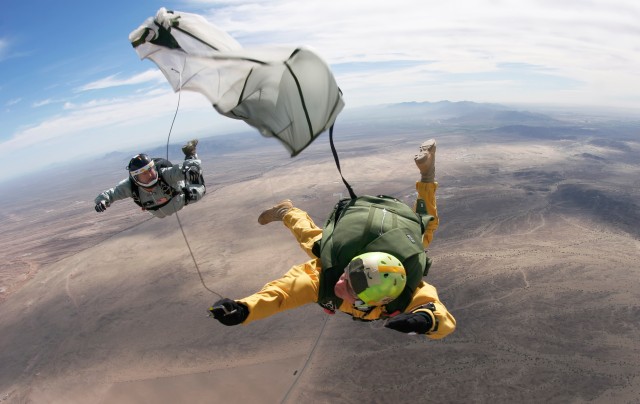




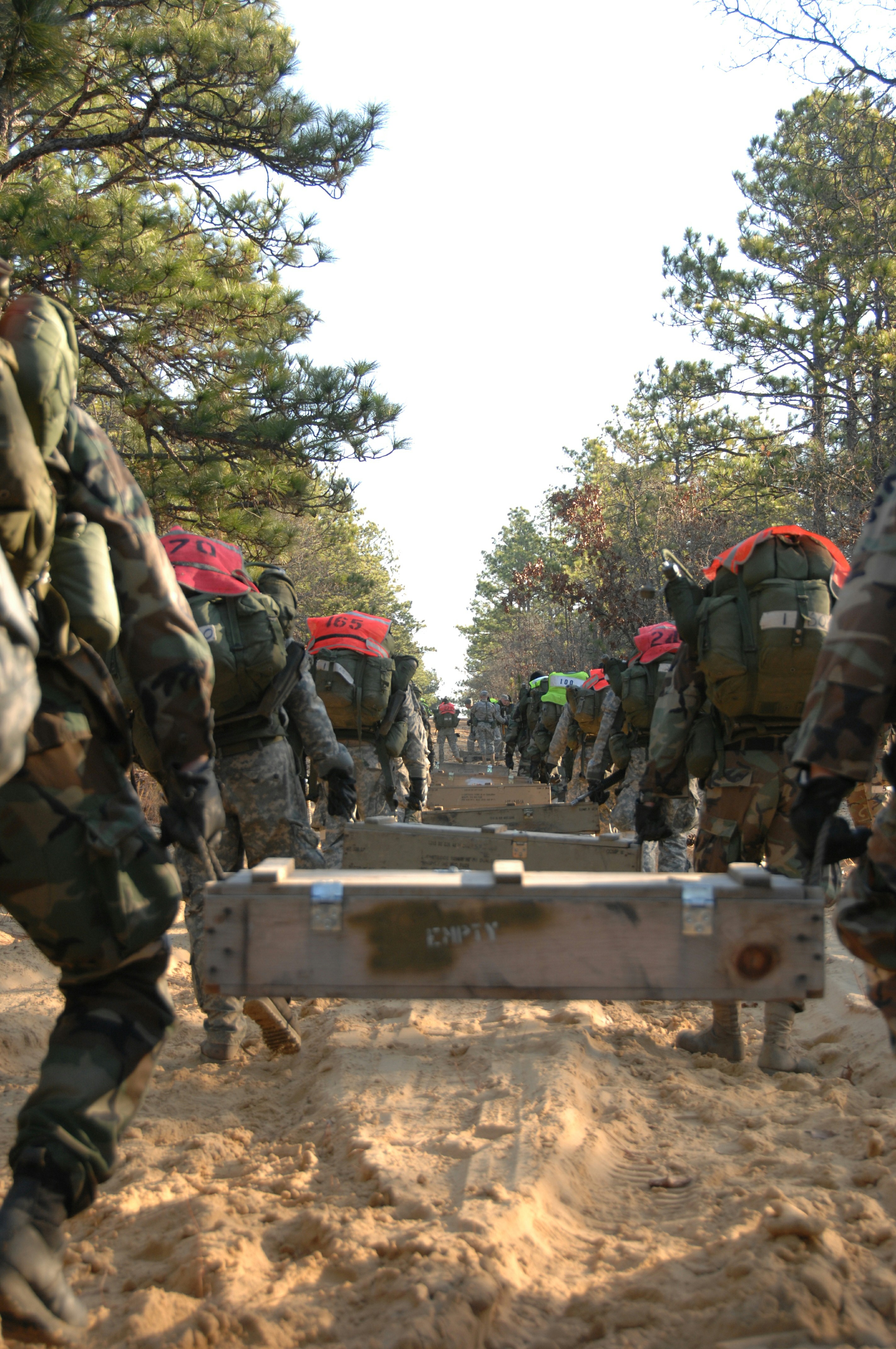

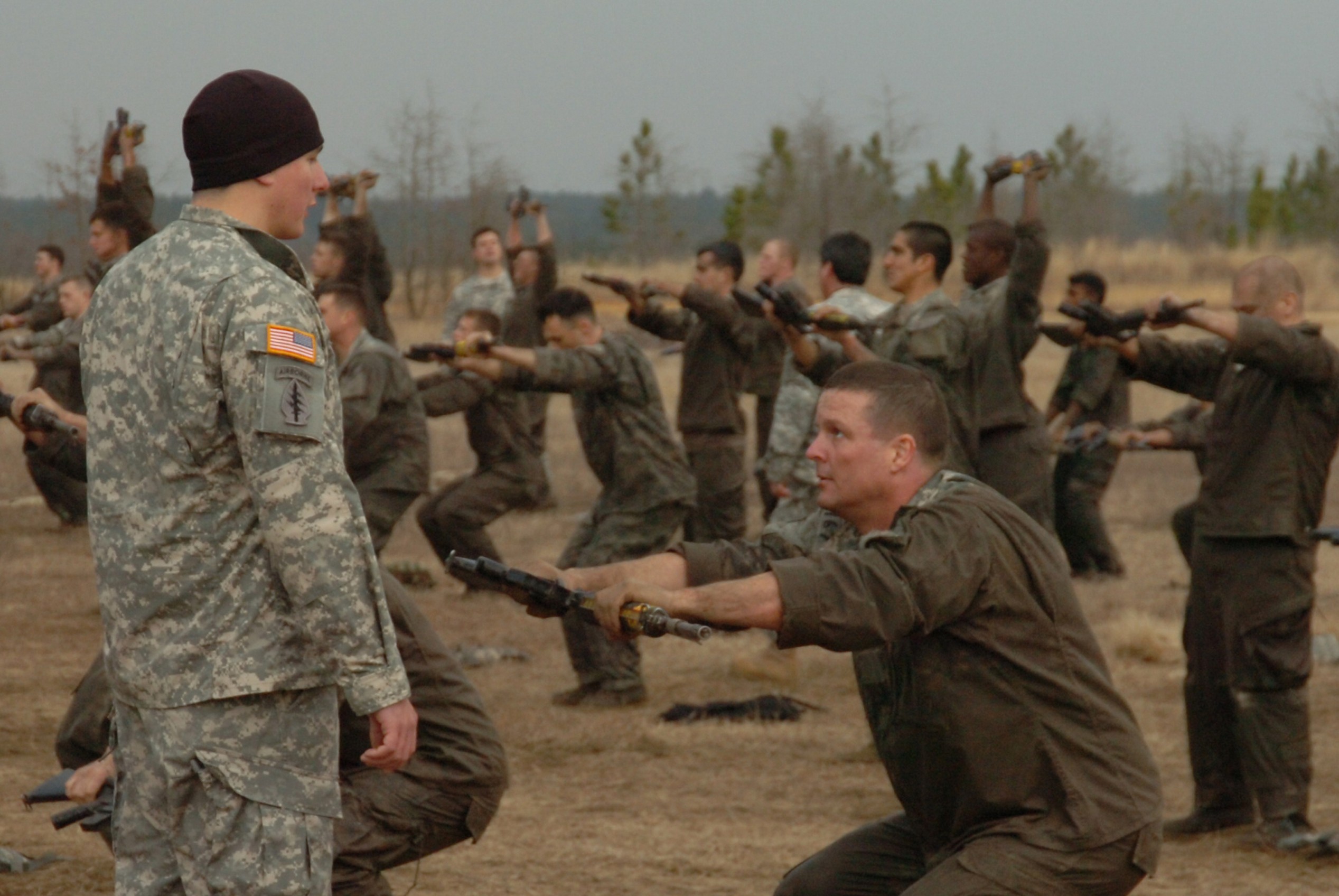
Social Sharing